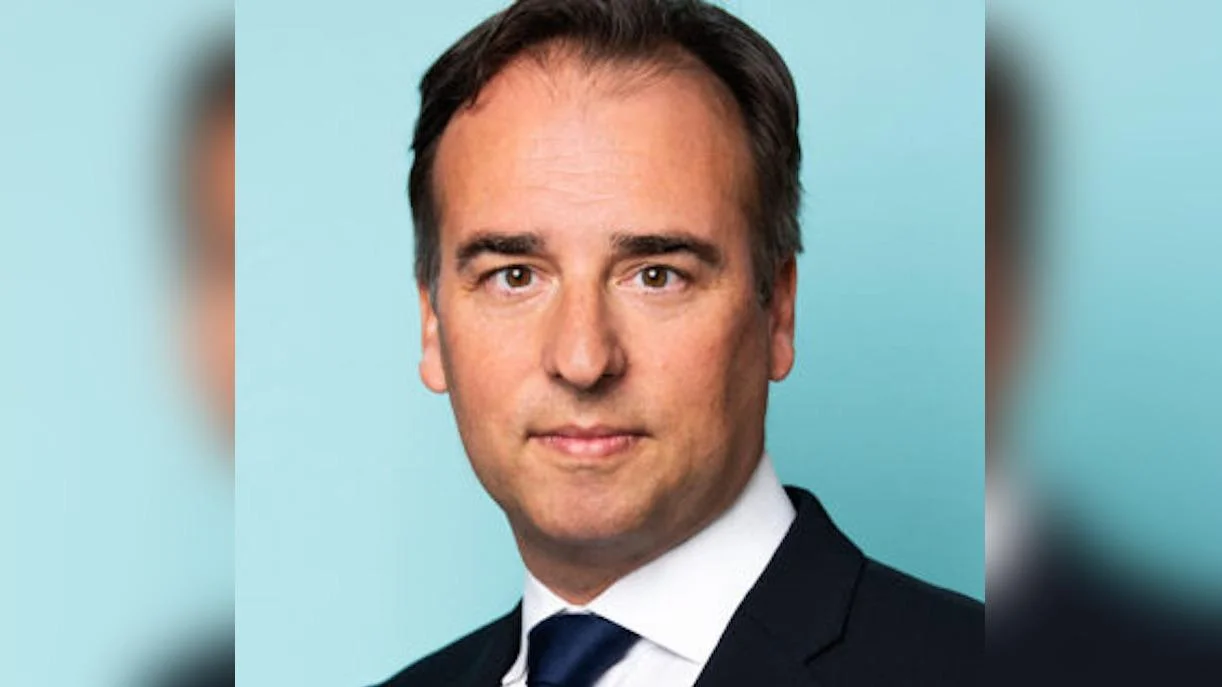Chargé David Palladino delivered remarks at the Independence Day Reception held at the United States Chief of Mission’s Residence in Hungary. He expressed gratitude to Laura Topolánszky for her performances of the national anthems and welcomed guests, emphasizing that they are always welcome at the residence.
Palladino highlighted the strong bond between the United States and Hungary, describing it as not only strategic but also civilizational. "Since arriving in Hungary, I have been struck by the strength of the Hungarian spirit—proud, principled, and warm," he said.
The Chargé spoke about the return of President Donald J. Trump to office, noting that it has brought "new energy and clarity to American foreign policy." He emphasized a renewed approach to diplomacy with Hungary based on mutual respect and constructive engagement. "No more public scoldings. No more moralizing from podiums. That era is over," Palladino stated.
He referenced a recent ceremony in Szilvásvárad marking the refoundation of Hungary’s historic Hussar unit and shared his impressions from Defense Minister Kristóf Szalay-Bobrovniczky's speech on their symbolic importance to Hungarian identity.
Marking 100 years since the U.S.–Hungary Treaty of Friendship, Commerce, and Consular Rights was signed, Palladino expressed optimism for future relations: "When I look ahead, I see this friendship reaching new heights."
In a significant announcement, he revealed that a new Hungarian Honorary Consulate would be established in Boston—a city tied deeply to America's independence history.
Addressing guests from both countries' governments and diplomatic circles, Palladino extended thanks for their partnership and presence at the event. He introduced Hungary's Minister of Foreign Affairs and Trade Péter Szijjártó as a key figure in advancing bilateral relations.
###

